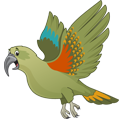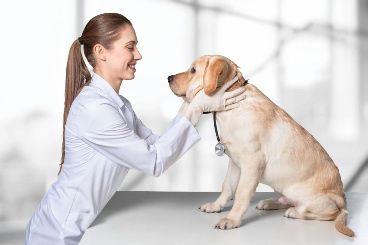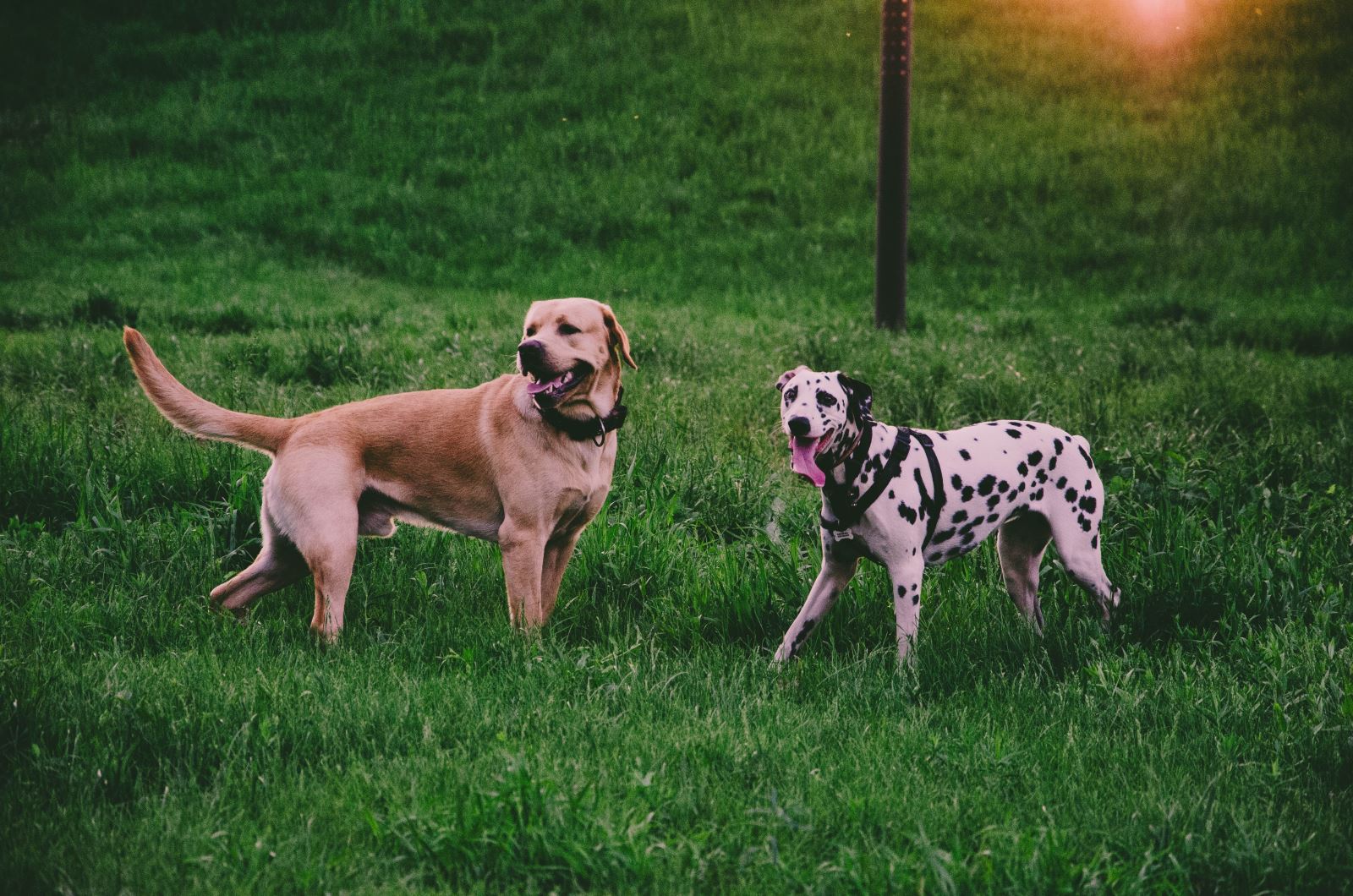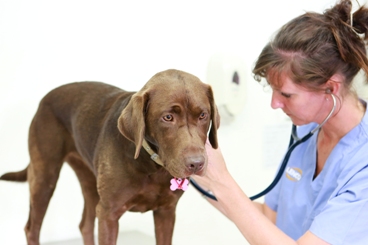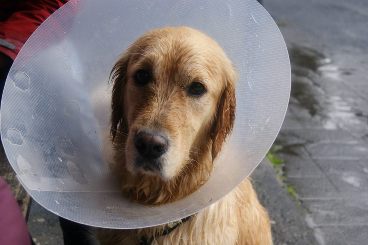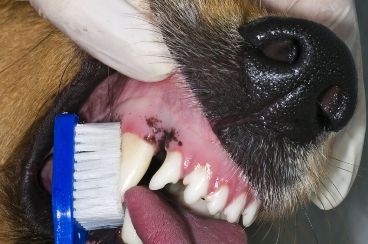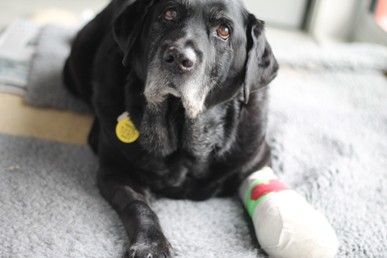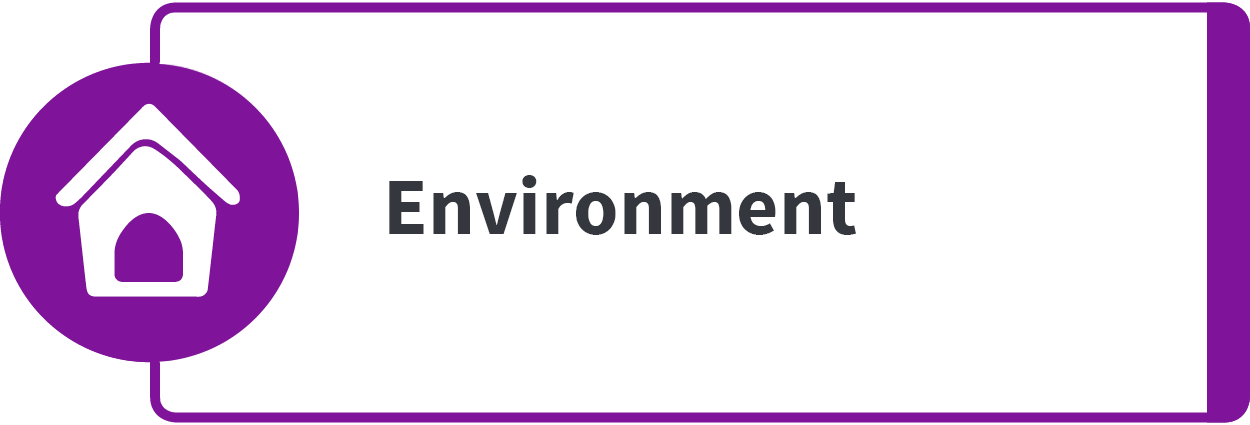Dog grooming is one of your dog's basic needs and an important part of dog ownership. Just like people, dogs need grooming to look and feel their best. 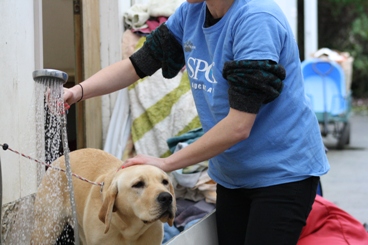
You probably wouldn’t feel too great if you went months without having a wash, combing your hair or brushing your teeth! Well, a dog is the same. Fortunately, however, dogs do not need to bathe as often as people. But you do need to learn how much grooming your dog actually needs and keep it on a schedule.
A dog’s grooming needs depend on their breed and hair type. Long-haired dogs usually require daily brushing to prevent matting and tangling of hair. Medium-haired dogs may be prone to matting and tangles and should be brushed at least weekly. Short-haired dogs can typically go a few weeks in between brushing. Dogs with continuously growing hair, such as the Poodle or Shih Tzu, typically need their hair cut every 2-4 weeks depending on the breed of the dog and the style of the cut. This task is often best left to professional groomers, though many dog owners are able to learn some basic maintenance haircuts.
If you and your caregivers are interested in learning professional dog grooming skills, encourage an adult in your family to sign up for some dog grooming classes.
Your dog’s veterinarian will know the grooming needs of your dog, so make sure you ask them if you are ever unsure.
Just like your toenails and your fingernails, some dog’s nails need regular trims – especially if they don’t walk on concrete that often. Concrete can work a bit like a nail file on a dog’s nails and wear them down as they walk along. Most dogs dislike even having their paws handled and know how much it hurts when nails are cut too short, so the best way to avoid this is for adults to learn how to trim nails correctly and do so very carefully. Ideally, a veterinarian or dog groomer should teach an adult how to trim your dog's nails properly.
You can also gently play with a puppy’s toes and paws when they are young – this helps later in life as the dog will not feel stressed when an adult wants to trim their nails.
Bath time! Some dogs love it and others hate it! Learning how to help adults in your home bathe your dog properly will make the experience as positive as possible for you and your dog. Most dogs should be bathed monthly. Always use a soap-free shampoo that is intended for dogs though. Depending on the condition of your dog’s skin and coat, your veterinarian may recommend a specific shampoo. In this case, be sure to follow your veterinarian’s instructions about bathing.




















